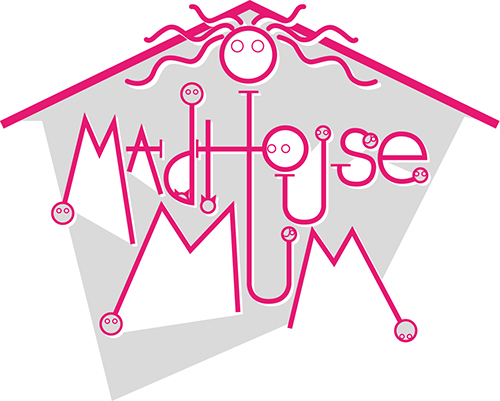
Whilst chatting to number 1 friend about communication the other day, I realised just how bloody complicated the art of communication actually is. No wonder it’s called an, ‘art’. It certainly deserves that accolade.
Recently I’ve read a few, ‘what not to say’ posts by other bloggers: what not to say to parents who adopt, what not to say to parents of an autistic child and so on. Personally, I find these blogs very useful, because I’m one of those people that may well just say one of those: what not to says. These sorts of blogs have, however, made me slightly paranoid when talking to other parents now. As I’m talking to someone, I may be so busy thinking: can I say this or that, I feel like I’m jumping around like a cat on a hot tin roof. If I think that I may have said the wrong thing, I always recount it to number one friend, who communicates with me via her facial expressions, before any words need to be uttered. ‘Oh shit!’ I often think to myself, as her face contorts into a, ‘you shouldn’t have said that’ sort of gurn.
Anyway, back to our chat the other day and we were discussing the fact that if someone asks your opinion, then of course you are free to give it and they understand that you may not agree and are happy to accept the consequences of this. Conversely, if someone is simply telling you about a situation, then take the time to listen. Gauge how you think they feel and respond accordingly, in a supportive manner. If you disagree with what they are saying, then gently put your point across using non-inflammatory language. If not, they may become defensive and this only serves to close down any further communication. Jeez, complicated huh?

I think that we get most defensive with the people closest to us: our parents and our partners. We’re far more tolerant, generally, of other people’s views. There are some days when I can’t complete a single conversation with one of my daughters, because her defensiveness keeps shutting them down. This is one of the most frustrating aspects of teenage behaviour. There are basically only two viable solutions: hitting a wall and wine. Yes, hitting both, hard.
So, considering that a large part of teenage communication is via a screen, are their communication skills going to suffer? I think that it is vital that we ensure that our kids are brought up to value social interaction and to understand its importance. But what about when they are parents themselves? I wasn’t stuck to a screen the way my kids are and so my values will not reflect theirs. How much importance will they put on their own children’s communication skills? Time will tell. The art of communication may not die, but it will certainly continue to take on new aspects, just as any form of art does over time.

